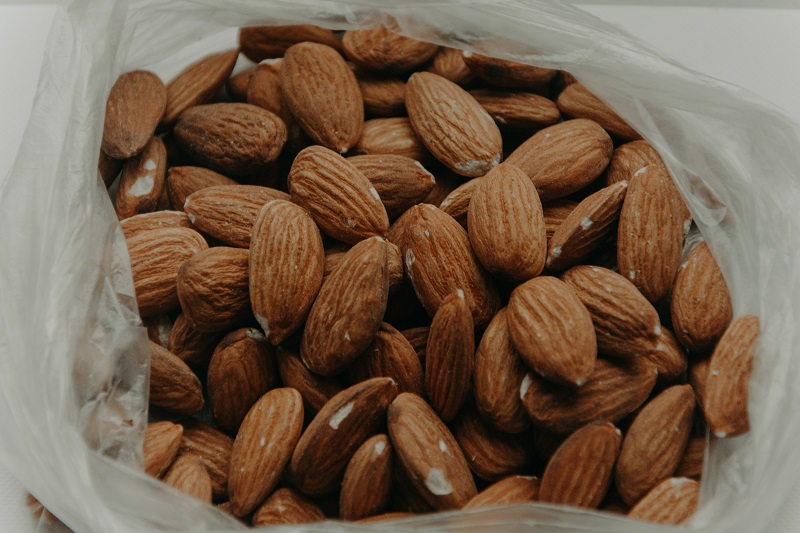Anthony Keinath Named American Vegetable Grower Columnist
Anthony Keinath, Professor of Plant Pathology, Research and Extension Vegetable Pathologist, Clemson University, is joining American Vegetable Grower as a columnist.
“We’re thrilled to welcome Dr. Keinath to our team. He has a fantastic reputation in the industry and will tap into his years of experience and research to help vegetable growers improve their production,” says Carol Miller, Editor, American Vegetable Grower.
Keinath’s expertise lies in foliar diseases in vegetable crops, and he has focused on vegetable production in the Southeast U.S. for much of his career. In addition to his Extension service and research, he also contributes the Southeastern Vegetable Crop Handbook. He is South Carolina’s current State Vegetable Pathologist.
His first column article, “Why Tomato Crops Today Are So Susceptible to Disease” debuts in May 2022.
Joins Impressive Roster
Dr. Keinath is the latest respected vegetable industry specialist to write for American Vegetable Grower. Other columnists include:
- Michael Cahn, Irrigation and Water Resources Advisor at the University of California, Cooperative Extension, Monterey
- Steven T. Koike, Director of TriCal Diagnostics, located in Hollister, California
- John Palumbo, Associate Research Scientist of vegetable crops at the University of Arizona’s Yuma Agricultural Extension Center
- Kam Quarles, Kam Quarles is CEO of the National Potato Council
- Richard Smith, University of California Vegetable Crop and Weed Science Farm Advisor at the Cooperative Extension in Monterey, Santa Cruz, and San Benito counties
- Rick Snyder, Professor Emeritus, Mississippi State University, and greenhouse production consultant
- Rick VanVranken, Professor and County Extension Department Head of Rutgers Cooperative Extension of Atlantic County in New Jersey
- Carrie Huffman Wohleb, Associate Professor/Regional Specialist – Potato, Vegetable, and Seed Crops, at Washington State University










